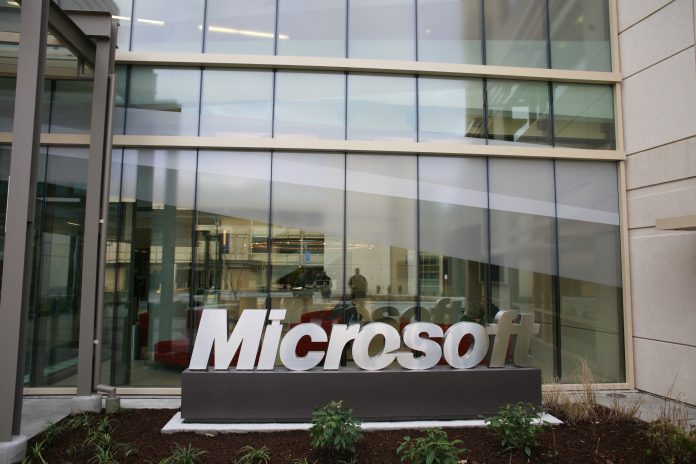In short, the pledge encourages companies to tackle attacks and malicious activities as a unit, regardless of borders. It looks to increase safety on the internet, educate citizens, and work on strengthening international standards. Microsoft has been fighting against the attacks of Russia’s Fancy Bear for some time, seizing domains and using them to gather intelligence. It also played a key role in dicovering election tampering in last year’s French election. However, the company has had to react without warning on a number of threats. In 2017, its users were affected by a number of large-scale ransomware attacks like Petya and WannaCry.
A Changing Landscape
It’s becoming increasingly clear that cybersecurity is changing what we know about warfare. Nation states can cripple infrastructure or undermine democracy without putting troops on the ground or planes in the air. “It’s important that the world’s democracies come together,” said Microsoft President Brad Smith. “Almost never does the world come together in a way that is global — there are stepping stones to a global consensus. It’s especially important that the like-minded countries come together.” The Paris Pledge brings the mind back to the Cybersecurity Tech Accord, where 34 companies pledged to protect customers across the world without discrimination. This time, though, the focus is not on customers, but the world at large.




